The Best Companion Plants For Hyssop: Attract Beneficial Insects Repel Pests And Improve Your Garden
The Best Companion Plants for Hyssop: Attract Beneficial Insects, Repel Pests, and Improve Your Garden
Hyssop is a versatile herb that can be used in a variety of ways. It can be grown for its medicinal properties, its culinary uses, or simply for its beauty. But did you know that hyssop is also a great companion plant?
Companion planting is the practice of planting certain plants together to benefit each other. When plants are compatible, they can help to attract beneficial insects, repel pests, and improve the overall health of the garden.
Hyssop is a great companion plant for a variety of different plants. Here are some of the best companion plants for hyssop:
- Bee balm: Bee balm is a beautiful flowering herb that attracts bees, butterflies, and other pollinators. It also helps to repel pests like mosquitoes and flies.
- Lavender: Lavender is another popular herb that attracts bees and butterflies. It also has a strong scent that can help to repel pests like moths and beetles.
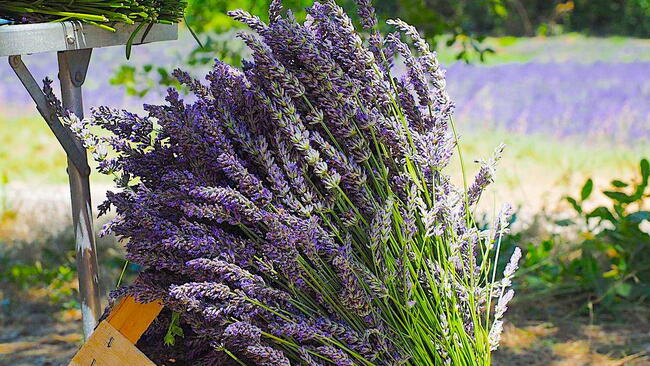
- Rosemary: Rosemary is a fragrant herb that can help to deter pests like cabbage moths and carrot flies. It also helps to improve the flavor of vegetables like tomatoes and peppers.

- Cabbage: Cabbage is a heavy feeder, so it benefits from being planted near hyssop, which helps to improve the soil quality. Hyssop also helps to repel cabbage moths, which are a common pest of cabbage plants.
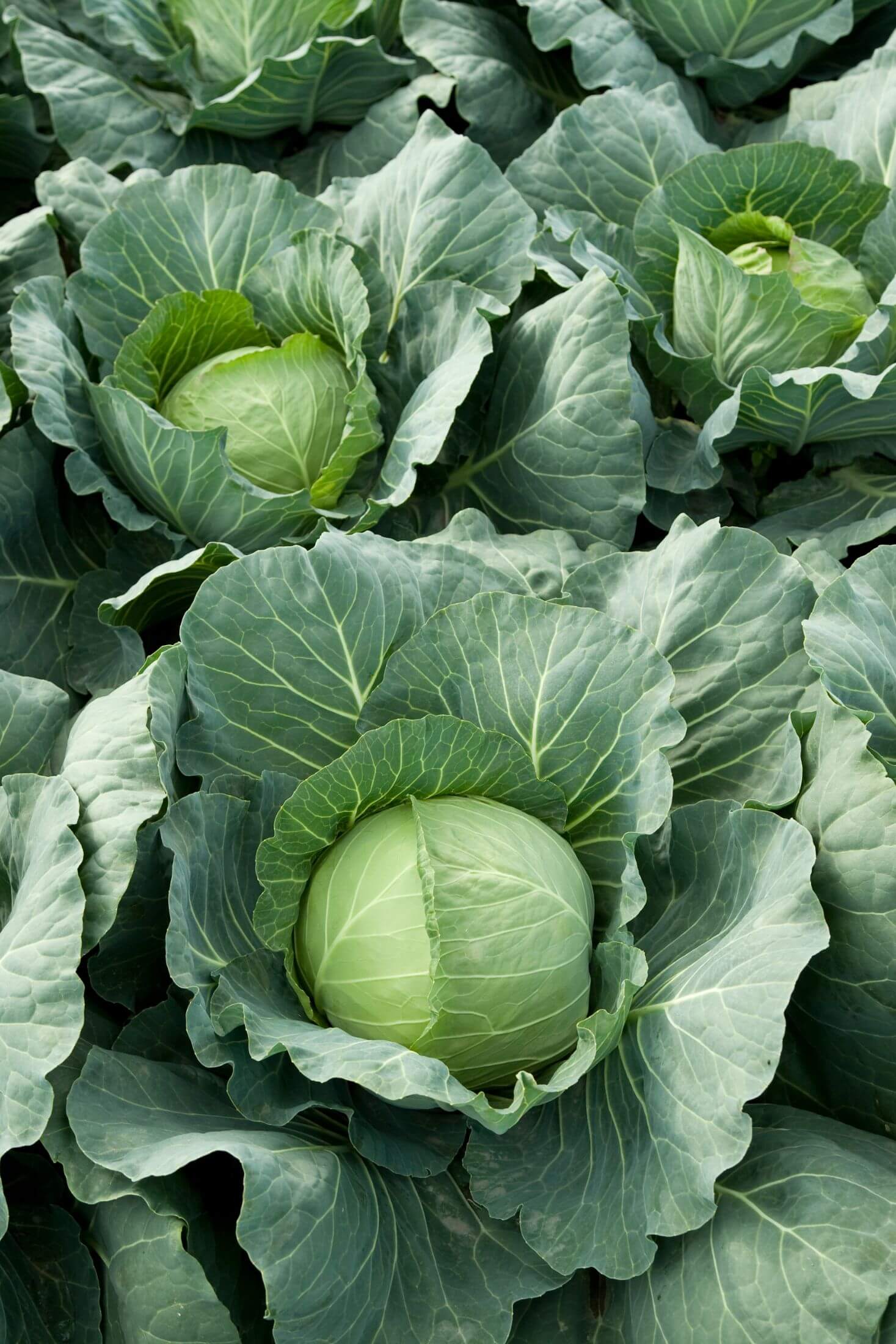
- Grapevines: Hyssop can help to improve the yield of grapevines. It also helps to repel pests like grape phylloxera and grape leafhoppers.
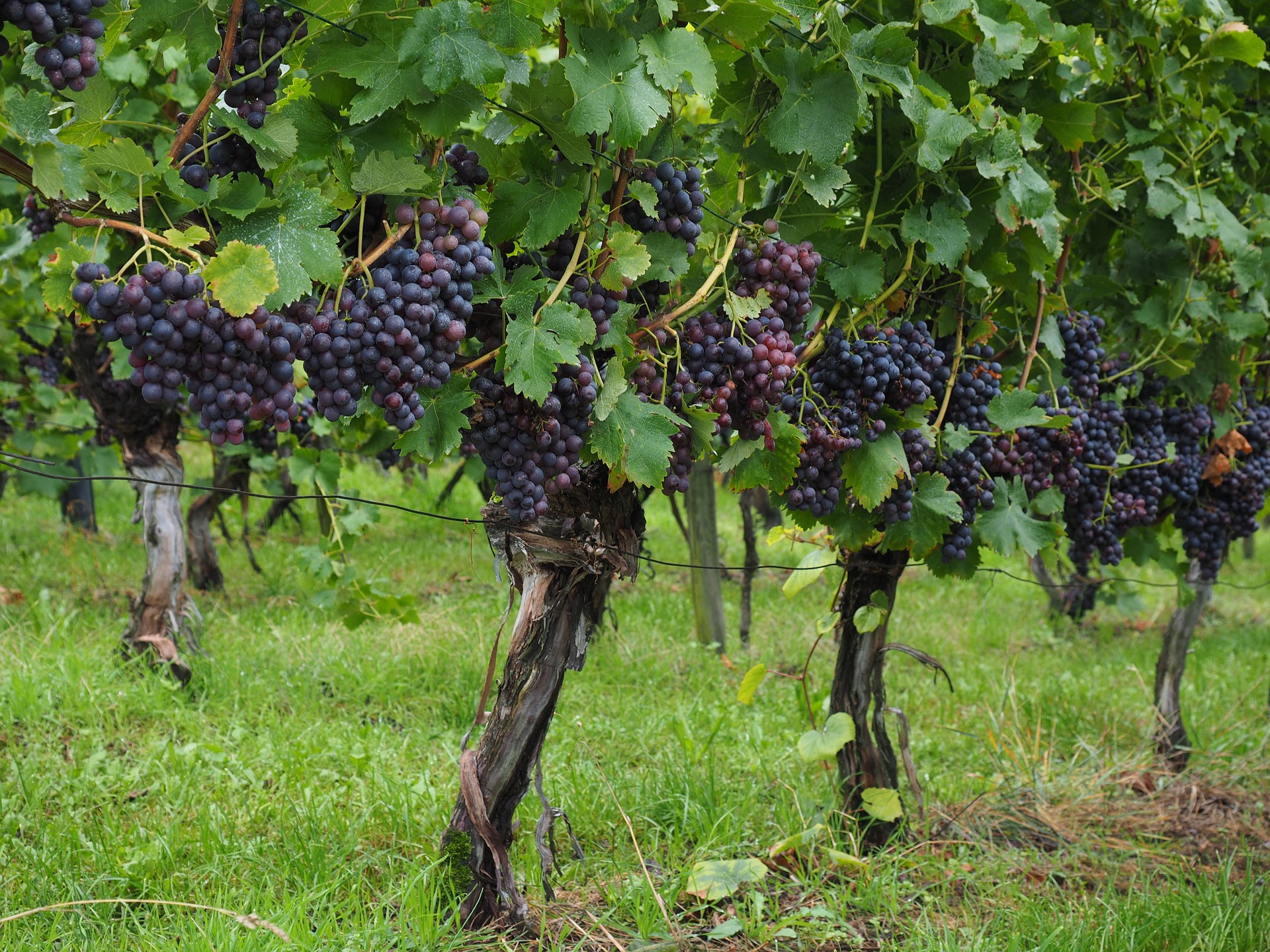
- Radishes: Radishes are a fast-growing crop, so they benefit from being planted near slower-growing plants like hyssop. Hyssop also helps to repel pests like flea beetles, which can damage radishes.
These are just a few of the best companion plants for hyssop. When you plant hyssop with these plants, you can help to attract beneficial insects, repel pests, and improve the overall health of your garden.
In addition to the plants listed above, hyssop also pairs well with:
- Alliums: Alliums, such as garlic, onions, and chives, help to repel pests like aphids, carrot flies, and cabbage moths.
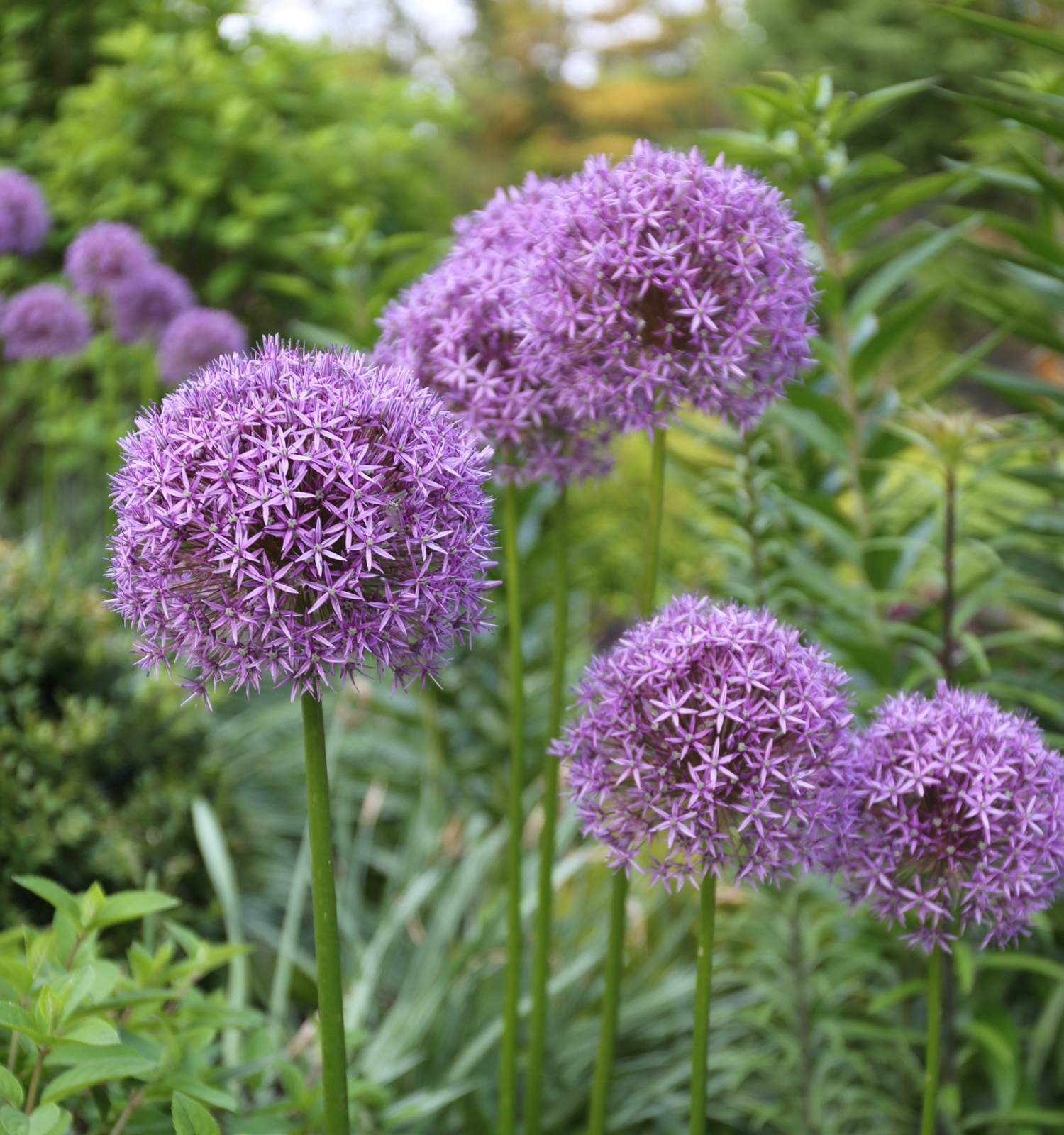
- Catmint: Catmint is a fragrant herb that attracts bees and butterflies. It also helps to repel pests like mosquitoes and flies.
- Marigolds: Marigolds are a popular annual flower that helps to repel pests like nematodes, aphids, and whiteflies.
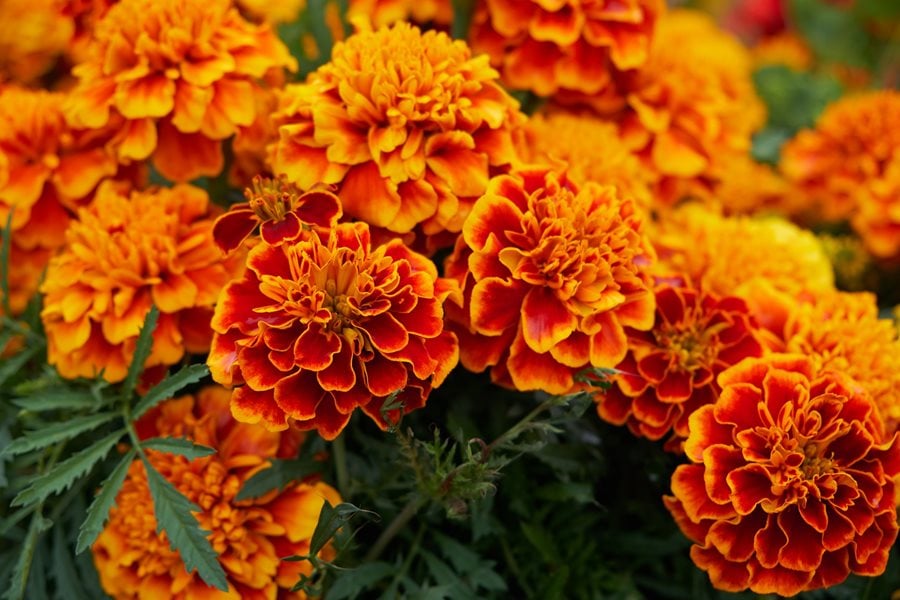
- Nasturtiums: Nasturtiums are a colorful annual flower that attracts beneficial insects like ladybugs and lacewings. They also help to repel pests like aphids and spider mites.

- Pot marigolds: Pot marigolds are a type of marigold that is native to Europe. They have similar benefits to other marigolds, including attracting beneficial insects and repelling pests.
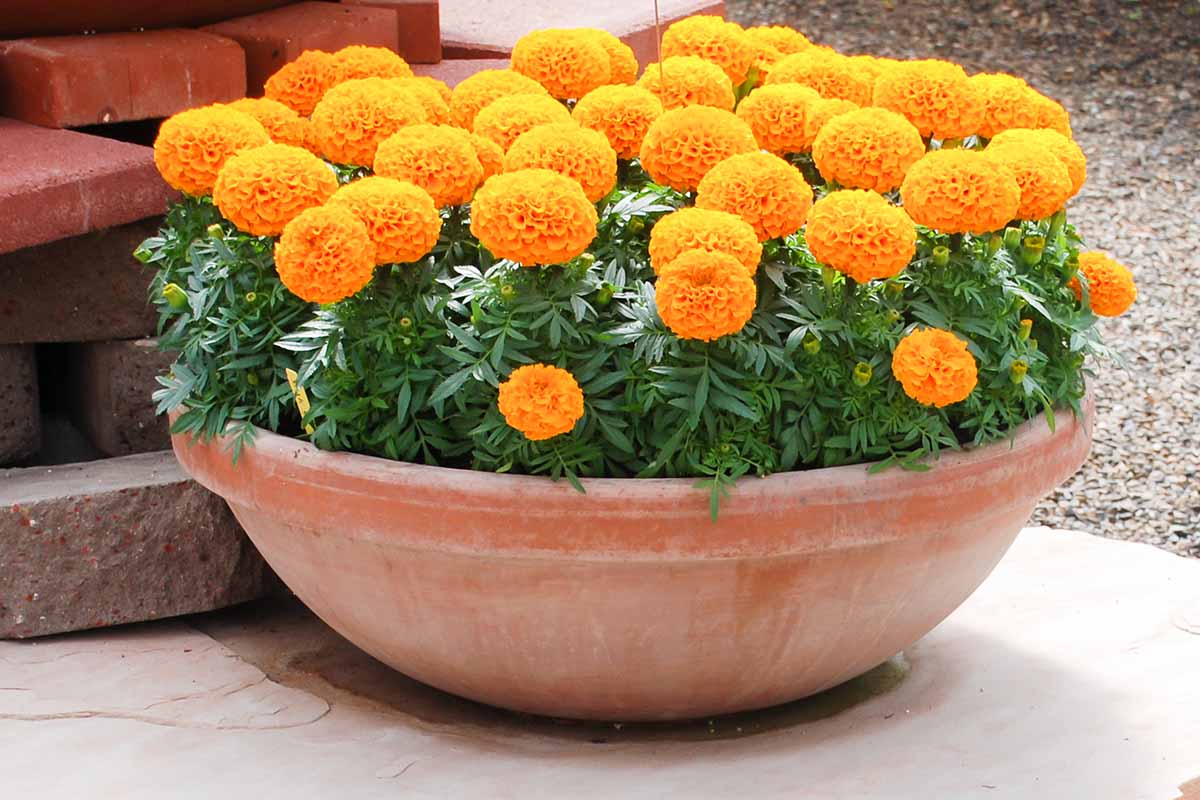
When choosing companion plants for hyssop, it is important to consider the needs of both plants. For example, hyssop does not like to be shaded, so you should avoid planting it with plants that will shade it out.
You should also consider the growth habits of the plants. For example, hyssop is a tall plant, so you should avoid planting it with short-growing plants that will be overshadowed.
By taking these factors into consideration, you can create a well-balanced garden that benefits from the complementary qualities of hyssop and its companion plants.
Hyssop is a versatile herb that can be used in a variety of ways, from cooking to medicinal purposes. It's also a great companion plant for other herbs and vegetables.
Some of the best companion plants for hyssop include:
- Bee balm: This herb is a magnet for bees and butterflies, which will help to pollinate your other plants.
- Lavender: Lavender has a strong scent that deters pests, making it a good choice to plant near hyssop.
- Rosemary: Rosemary is another herb that deters pests, and it also helps to improve the flavor of hyssop.
- Cabbage: Hyssop can help to deter cabbage moths and other pests that target cabbage plants.
- Grapes: Hyssop can help to increase the yield of grape plants.
If you're looking for more information about companion planting with hyssop, I recommend visiting Gardenia Inspiration. This website has a wealth of information about companion planting, including a list of specific plants that are good companions for hyssop.
FAQ of companion plants for hyssop
Q: What are some good companion plants for hyssop?
A: Hyssop is a versatile herb that can be paired with a variety of other plants. Some good companion plants for hyssop include:
- Brassicas: Hyssop can help to repel cabbage moths and flea beetles, which are common pests of brassicas.
- Grapes: Hyssop can help to improve the flavor of grapes and also deter pests.
- Herbs: Hyssop can be paired with other herbs, such as lavender, mint, and rosemary, to create a fragrant and attractive garden.
- Flowers: Hyssop can be paired with flowers, such as marigolds, cosmos, and sunflowers, to attract pollinators.
- Vegetables: Hyssop can be paired with vegetables, such as tomatoes, cucumbers, and squash, to improve their growth and flavor.
Q: What are some plants that should not be planted near hyssop?
A: There are a few plants that should not be planted near hyssop. These include:
- Radishes: Radishes can be inhibited by the presence of hyssop.
- Beans: Beans can be susceptible to diseases that are spread by hyssop.
- Potatoes: Potatoes can be susceptible to pests that are attracted to hyssop.
Q: Why is hyssop a good companion plant?
A: Hyssop is a good companion plant because it has a number of beneficial properties. These include:
- Attracts pollinators: Hyssop is a popular plant for pollinators, such as bees and butterflies. This can help to improve the pollination of other plants in the garden.
- Repels pests: Hyssop has a strong scent that can repel pests, such as cabbage moths and flea beetles.
- Improves soil quality: Hyssop can help to improve the soil quality by attracting beneficial insects and decomposing organic matter.
- Enhances flavor: Hyssop can be used to enhance the flavor of other foods. It can be added to teas, salads, and cooked dishes.
Q: How far apart should hyssop plants be planted?
A: Hyssop plants should be planted about 12-18 inches apart. This will give them enough room to grow and spread.
Q: How do I care for hyssop plants?
A: Hyssop plants are relatively easy to care for. They need full sun and well-drained soil. They should be watered regularly, but not too much. Hyssop plants can be harvested throughout the summer.
Image of companion plants for hyssop
- Lavender: Lavender is a popular companion plant for hyssop because it helps to repel pests. It also has a similar growing requirement as hyssop, so they can be planted together without any problems.
- Rosemary: Rosemary is another good companion plant for hyssop because it helps to attract pollinators. It also has a strong scent that can help to deter pests.
- Garlic chives: Garlic chives are a good companion plant for hyssop because they help to improve the flavor of the hyssop. They also have a strong scent that can help to deter pests.
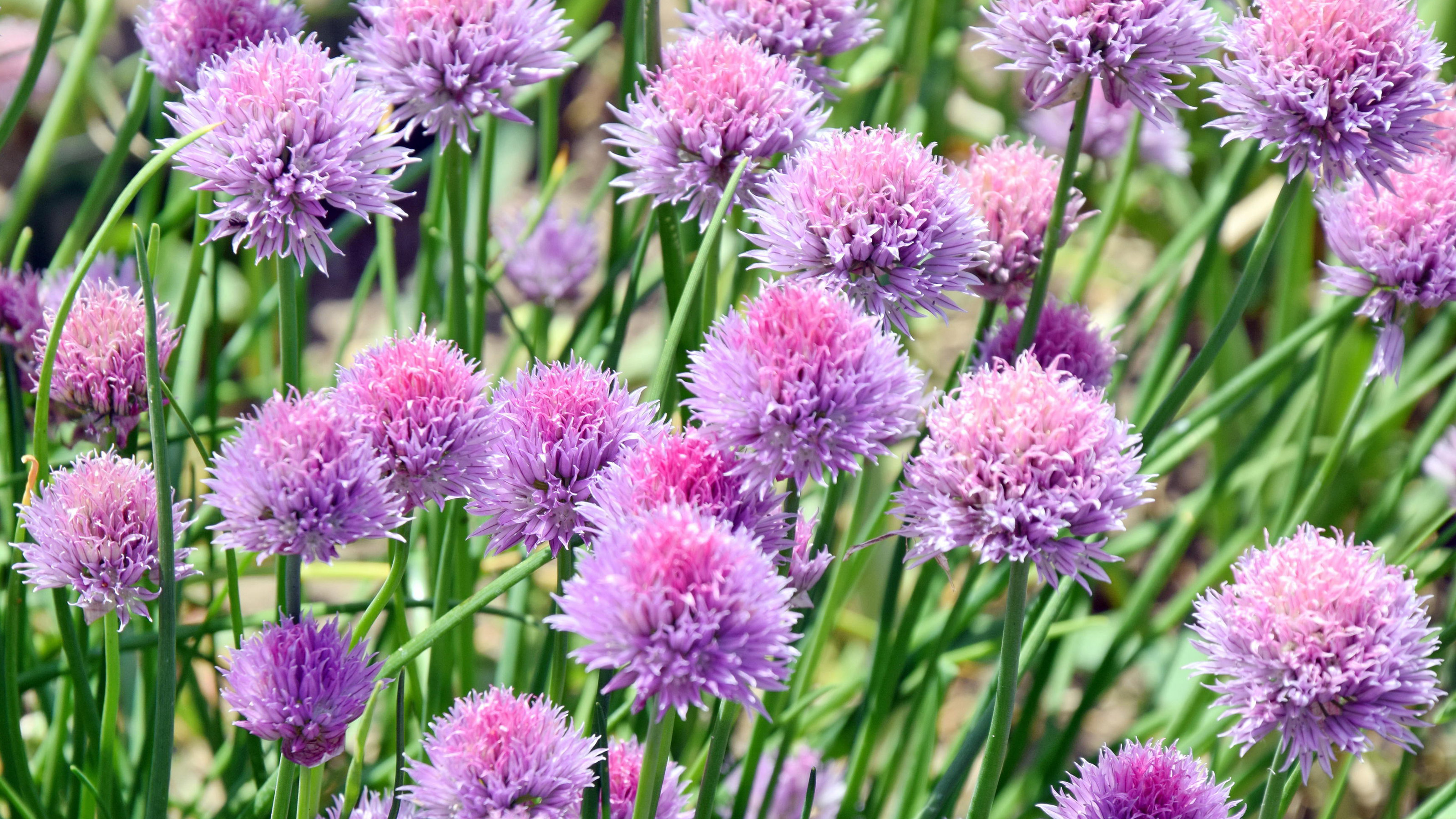
- Catmint: Catmint is a good companion plant for hyssop because it helps to attract pollinators. It also has a strong scent that can help to deter pests.
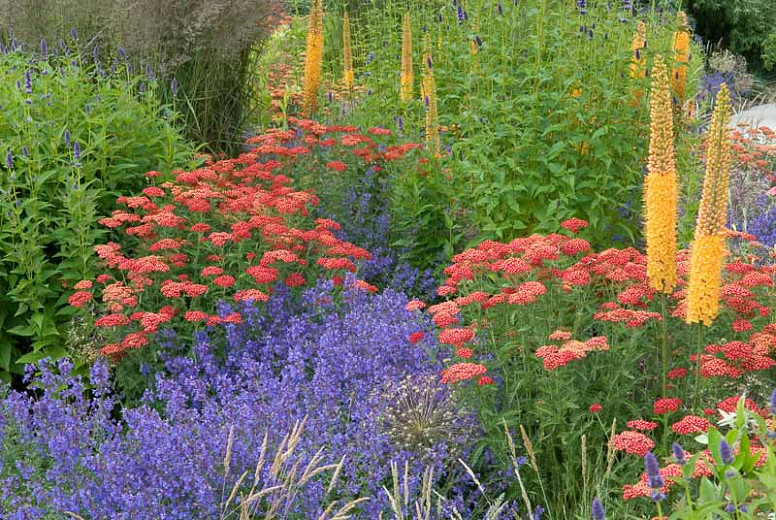
- Bee balm: Bee balm is a good companion plant for hyssop because it helps to attract pollinators. It also has a strong scent that can help to deter pests.
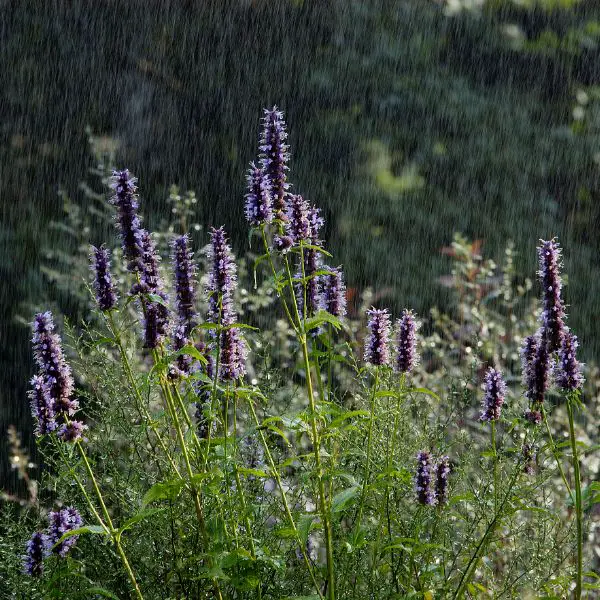

Post a Comment for "The Best Companion Plants For Hyssop: Attract Beneficial Insects Repel Pests And Improve Your Garden"